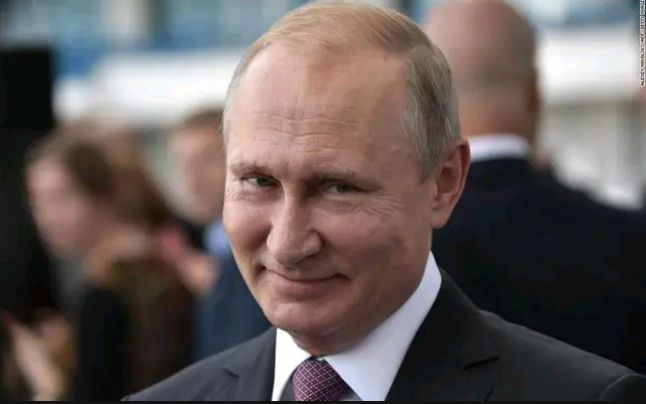
By Chris Muhizi.
(INSIDER), according to the banking Times on Monday, which cited five people with knowledge of the conversations, the situation with the world’s food supply has gotten so terrible that the EU wants to reinstate a sanctioned Russian bank’s connection to the international banking system, which was broken when Russia invaded Ukraine last year.
With this agreement, payments for grain exports will be handled by the government-owned Russian Agricultural Bank.
A new branch of the bank would also be permitted to utilize SWIFT, the global messaging system that certain Russian banks were prohibited from using during their invasion of Ukraine, under the proposal, which was sparked by Moscow and mediated by the UN, according to the Financial Times.
According to two people who spoke to the Financial Times, offering the Russian bank access to the international financial system is “the least worst option” for winning Russian President Vladimir Putin’s backing for an extension of the Black Sea grain agreement, which ends on July 18 of this year.
The grain agreement was reached in July 2022 to enable Ukraine to keep selling its food goods to the international market despite a food crisis. It permitted the transit of food and fertilizer out of three important Ukrainian ports.
Previously, grain exports from Ukraine to the country’s ports were halted because Russia had blockedaded important Black Sea transport lanes.
The announcement of the probable concession came shortly after Gennady Gatilov, Russia’s representative to the UN, told the pro-Kremlin tabloid Izvestia that there is no justification for maintaining the “status quo” of the Black Sea grain agreement.
One of the requirements for the agreement’s continuation, according to Gatilov, was for the Russian Agricultural Bank to be reconnected to Swift, according to the story from Monday.
Russia is a significant exporter of goods, from energy to agricultural products. The COVID-19 pandemic began in 2020 and has since caused supply chain disruptions, but the conflict between Russia and Ukraine, two significant producers of wheat, has made matters worse.
The UN Food and Agriculture Organization Food Price Index, which analyzes a basket of frequently traded commodities, reached a record high of 159.7 in March 2022; however, the index has since dropped to 124.3 in May 2023.
Insider contacted the European Commission and the Russian Agricultural Bank for comment, but neither organization responded right away.
According to a Reuters translation of Gatilov’s comments to Izvestia, “Russia has repeatedly extended the deal in the hope of positive changes.” But what we are currently witnessing does not convince us to support keeping things as they are.
From energy to agricultural products, Russia is a vital supplier of commodities. The COVID-19 epidemic began in 2020, and while the supply chain has been in disarray ever since, the conflict between Russia and Ukraine, two major wheat exporters, has made matters worse.





